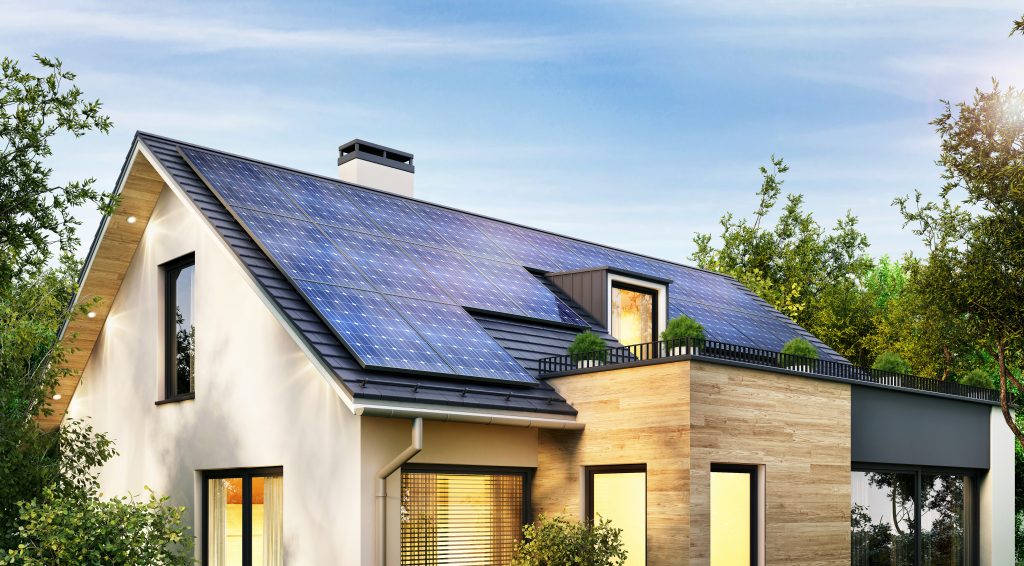
Are solar panels worth the cost? If you’re thinking about investing in solar panels, this is probably your first question. The answer isn’t a simple yes or no. There are too many variables. Here are some ways to help you decide if solar panels are the right choice for you and your home.
1. Consider Your Sunlight Exposure
You don’t have to live in the south to get enough sunlight to make solar panels worth the cost. In fact, the top 10 sunniest states might surprise you:
- Arizona
- New Mexico
- Nevada
- Texas
- California
- Colorado
- Oklahoma
- Kansas
- Utah
- Florida
On the other hand, even if you live in a sunny state, you might have too much shade on your roof from overhanging trees or nearby tall buildings. Also, south-facing roofs get more sunlight than roofs facing other directions.
Take in all factors when considering whether your roof will get enough sunlight for solar panels to be worth it.
2. Look at Your Electric Bill
Electric rates vary all across the country, from less than $0.10 per kilowatt-hour in Idaho and Washington state (as of writing) to more than $0.32 per kilowatt-hour in Hawaii. The higher your electric rate, the more likely you are to save money by switching to solar power.
3. Estimate the Total Cost of Solar Panels
The actual upfront cost of adding solar panels to your home includes more than just the price of the panels themselves. You need to pay for installation. You may need to pay for tree removal.
And you may want or need to replace your roof first, as well. The average lifespans for solar panels and roof shingles are both about 25 years. If you will need to replace your roof in the next 5-10 years, you should probably tackle that first before adding solar panels.
4. Keep an Eye on Incentives
Currently, a residential federal tax credit lets taxpayers claim 26% of installation costs for systems installed by Dec. 31, 2022. Some places also have city or state credits to help offset the cost of solar panels. While these tax credits may help reduce the amount of income tax you owe, you will still need to pay for the solar panels upfront.
5. Think About the Future
It takes an average of 6 to 8 years (depending on a wide variety of factors) for your solar panels to pay for themselves. If you plan to stay in your home for the next decade or so, installing solar panels makes more sense than if you plan on moving in 5 years. While solar panels will add value to your home, it may or may not be enough to cover the cost of adding solar panels to your home in the first place.
Contact The LeverEdge to Learn More
To learn more about whether solar PV kits from The LeverEdge may be right for your home, contact us today by clicking here or calling 813-403-5100.
Share this Post

